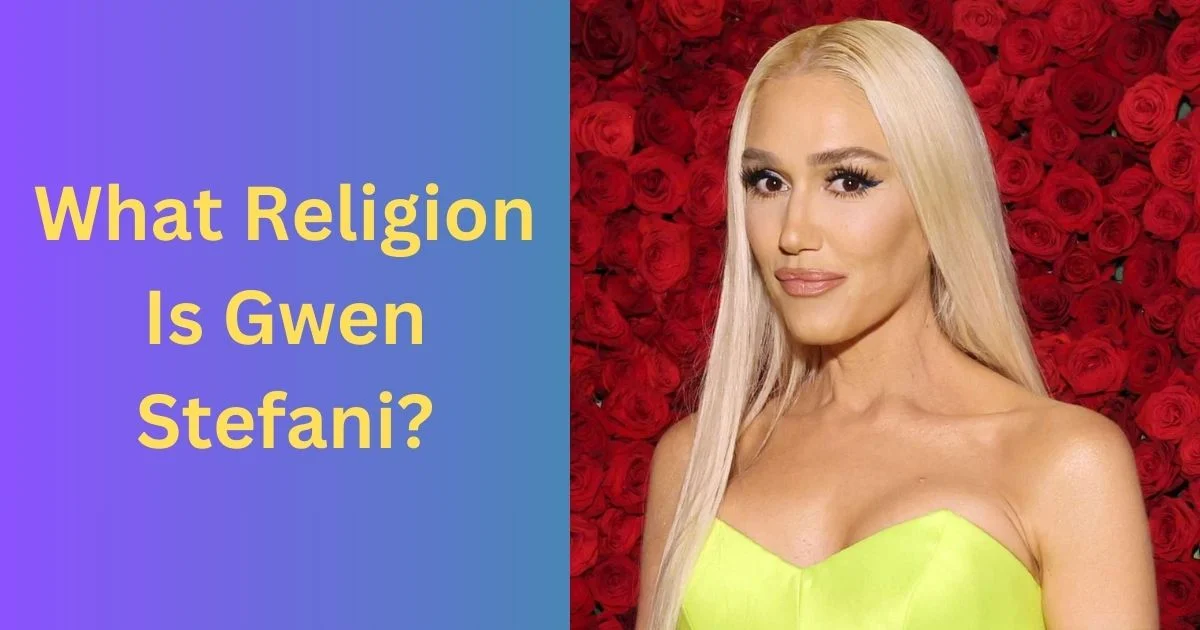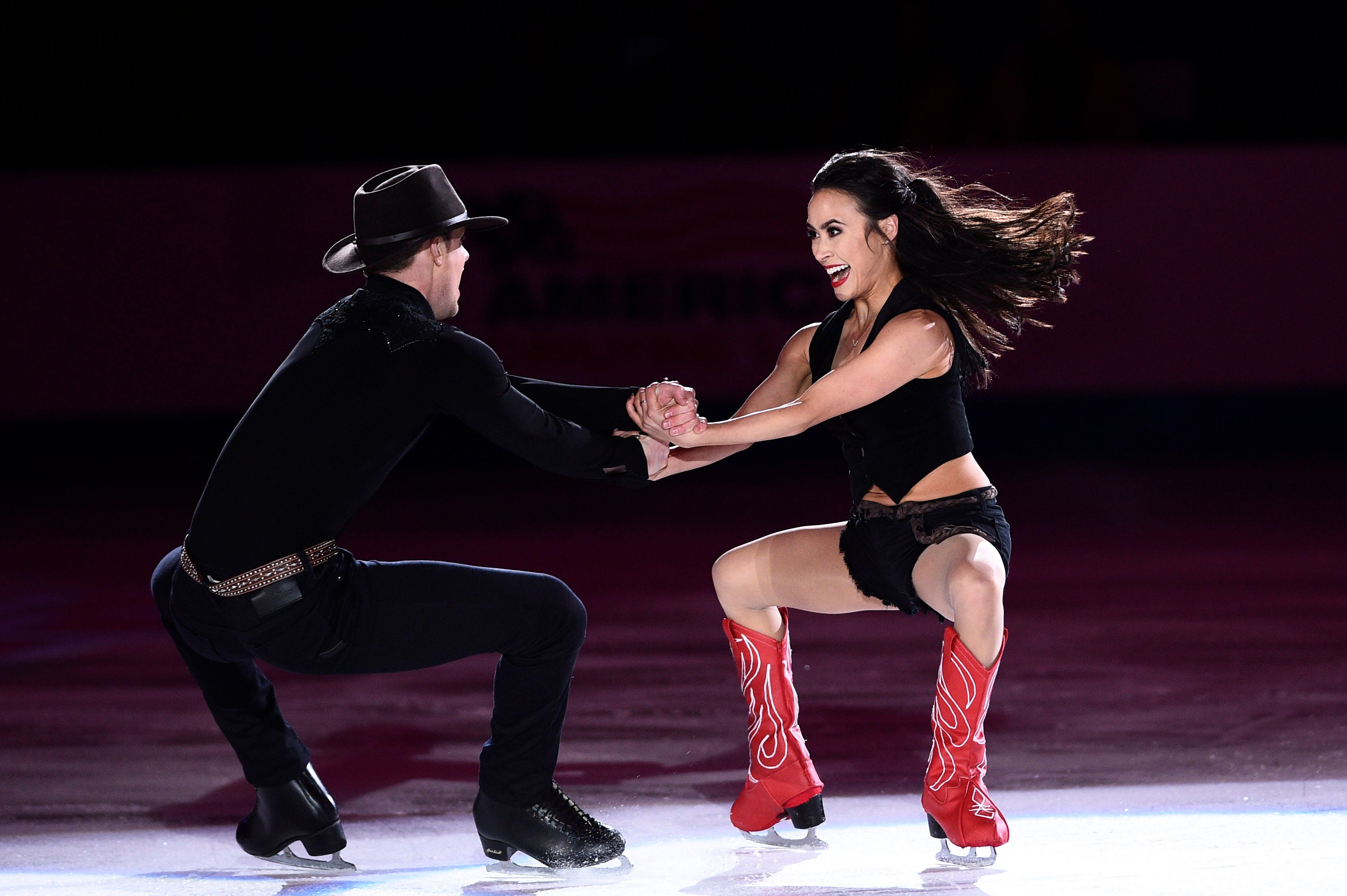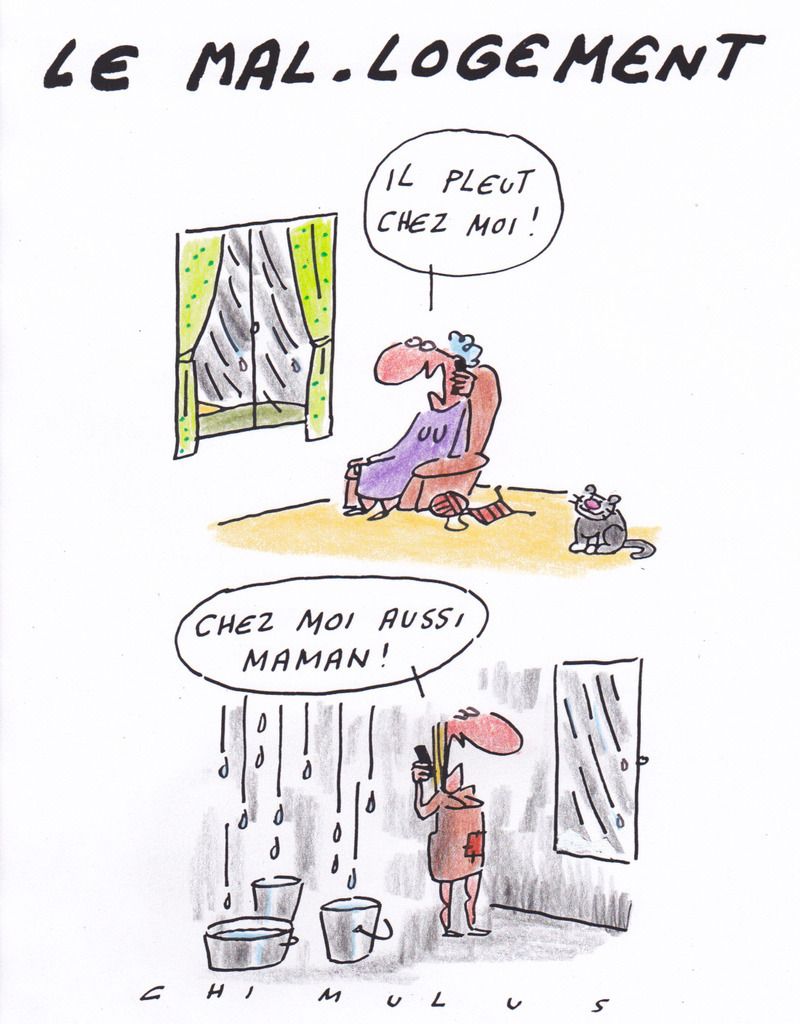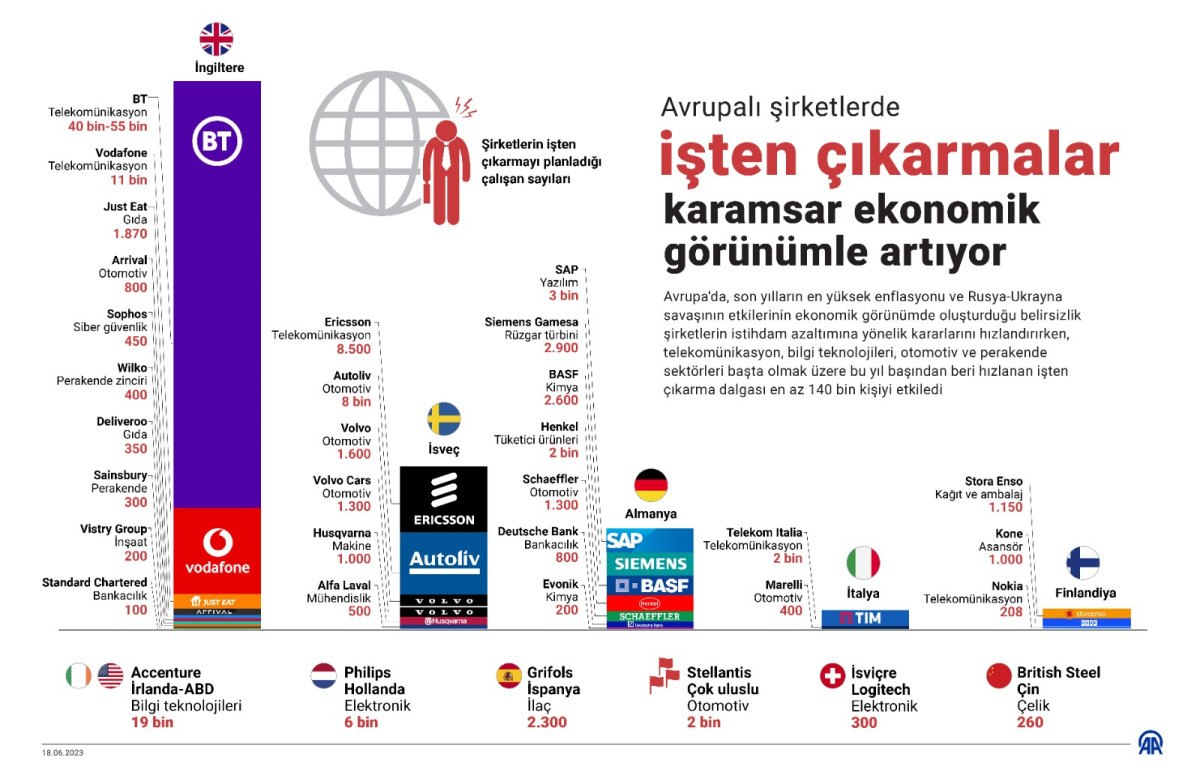The Gwen Stefani Controversy: Religious Beliefs And The Political Divide

Table of Contents
Gwen Stefani's Public Expression of Faith
Religious Affiliation and Practices
Gwen Stefani has openly identified as a Catholic. Her faith is not merely a private matter; she frequently incorporates religious imagery and themes into her public persona.
- Social Media: Stefani's Instagram account, for instance, often features images and captions reflecting her Catholic faith, including depictions of religious iconography and expressions of gratitude to God.
- Interviews: In various interviews, she has discussed her faith, its influence on her life, and its importance in shaping her values.
- Music: Certain songs subtly or overtly allude to spiritual themes, though often in a manner open to interpretation.
This public display of faith has significantly influenced her image, portraying her as a woman of strong moral convictions, appealing to a segment of her audience while potentially alienating others.
The Role of Faith in Her Music and Creative Work
Stefani's artistic endeavors often showcase a blend of personal experiences and spiritual undertones.
- Song Lyrics: While not overtly preachy, some of her lyrics hint at spiritual themes, such as hope, redemption, or gratitude, reflecting her Catholic upbringing.
- Fashion: Her distinct fashion style, often featuring religious symbols or culturally-significant imagery, further intertwines faith and aesthetics in her public presentation.
- Visuals: Music videos sometimes incorporate symbolic elements that can be interpreted through a religious lens, adding another layer to the discussion surrounding her faith's role in her work.
The audience reception to this integration varies widely, with some appreciating the personal touch and others finding it irrelevant or even problematic, depending on their own religious and political perspectives.
Political Alignments and the Religious Right
Perceived Associations with Conservative Politics
Stefani has faced criticism for perceived associations with conservative political figures and organizations.
- Collaborations: Collaborations with artists known for their conservative viewpoints have led some to infer her alignment with similar ideologies.
- Public Statements: While rarely explicitly political, some of her public statements have been interpreted through a conservative lens, fueling the perception of her political alignment.
- Family Connections: Her family's background and known affiliations have also contributed to the narrative connecting her to conservative politics.
It's crucial to note, however, that these interpretations are often based on circumstantial evidence and haven't been explicitly confirmed by Stefani herself, leading to a degree of speculation and disagreement.
The Intersection of Religious Beliefs and Political Stances
Stefani's Catholic faith intersects with her perceived political views in complex ways. Conservative interpretations of Catholicism align with certain political stances, particularly regarding social issues.
- Abortion: The Catholic Church's stance against abortion aligns with some conservative political platforms, leading to speculation about Stefani's views on the matter.
- LGBTQ+ Rights: Similarly, the Church's traditional views on LGBTQ+ issues may be linked to perceived conservative leanings.
- Social Justice: However, Catholicism also emphasizes social justice, potentially contradicting some aspects of certain conservative political agendas.
This intersection creates a nuanced picture, challenging simplistic narratives and prompting further examination of the complex relationship between religion and political ideology.
The Backlash and Public Response
Criticism and Controversy Surrounding Stefani's Beliefs
The Gwen Stefani controversy is largely fueled by criticism of her perceived political affiliations, particularly within progressive circles.
- Social Media Outrage: Social media platforms have witnessed numerous expressions of criticism, ranging from mild disapproval to outright condemnation.
- Boycott Calls: Some have called for boycotts of her music and merchandise as a form of protest.
- Media Scrutiny: News outlets and online publications have covered the controversy, analyzing her public statements and actions in the context of her perceived political leanings.
These criticisms often highlight the potential disconnect between her public expression of faith and her perceived political stances, questioning the consistency of her values.
Defense and Support for Stefani's Religious Freedom
Conversely, many defend Stefani's right to practice her faith and express her beliefs without facing public backlash.
- Freedom of Religion: Arguments in her defense emphasize the importance of religious freedom and the right to hold and express one's beliefs without fear of reprisal.
- Separation of Church and State: Others highlight the importance of the separation of church and state, arguing that a celebrity's religious beliefs should not dictate public perception of their artistic work.
- Fan Support: A significant portion of her fanbase continues to support her, regardless of the controversy.
This aspect of the debate underscores the importance of balancing individual rights with the responsibility of public figures to consider the impact of their actions and statements on their audience.
Conclusion
The Gwen Stefani controversy demonstrates the intricate relationship between religious expression, political affiliation, and public perception. Her public display of faith, coupled with her perceived political leanings, has sparked intense debate, highlighting the complexities of navigating faith in the public sphere. While criticism highlights the responsibility of public figures to be mindful of the impact of their words and actions, support for Stefani emphasizes the importance of upholding the right to religious freedom. How does the Gwen Stefani controversy highlight the complexities of faith in the public sphere, and what responsibilities do public figures have when expressing their religious beliefs?

Featured Posts
-
 Isdar 10 Alaf Sfht Mn Wthayq Aghtyal Kynydy Ma Hy Ahm Almelwmat
May 27, 2025
Isdar 10 Alaf Sfht Mn Wthayq Aghtyal Kynydy Ma Hy Ahm Almelwmat
May 27, 2025 -
 Memorial Day Sales The Deals Worth Checking Out
May 27, 2025
Memorial Day Sales The Deals Worth Checking Out
May 27, 2025 -
 Chock And Bates Lead Us Charge At World Figure Skating Championships
May 27, 2025
Chock And Bates Lead Us Charge At World Figure Skating Championships
May 27, 2025 -
 Aide Aux Locataires De Saint Ouen Regularisation Charges Jusqu A 2000 E
May 27, 2025
Aide Aux Locataires De Saint Ouen Regularisation Charges Jusqu A 2000 E
May 27, 2025 -
 Avrupa Ekonomisi Ve Yueksek Belirsizlik Lagarde Nin Degerlendirmesi
May 27, 2025
Avrupa Ekonomisi Ve Yueksek Belirsizlik Lagarde Nin Degerlendirmesi
May 27, 2025
